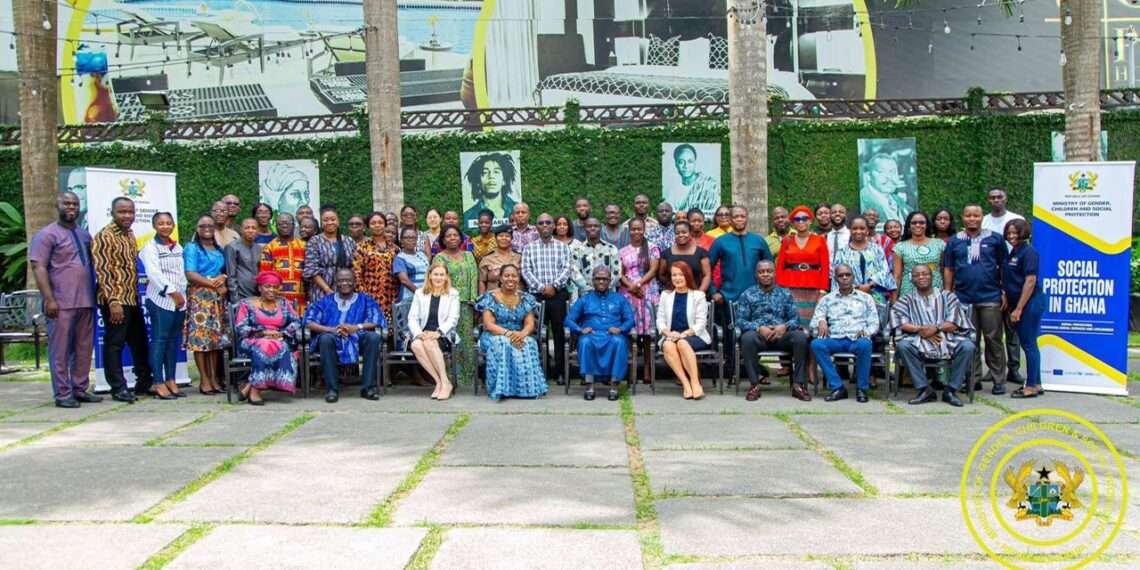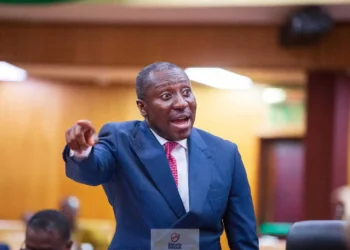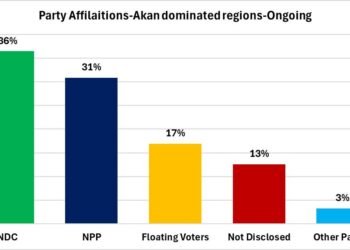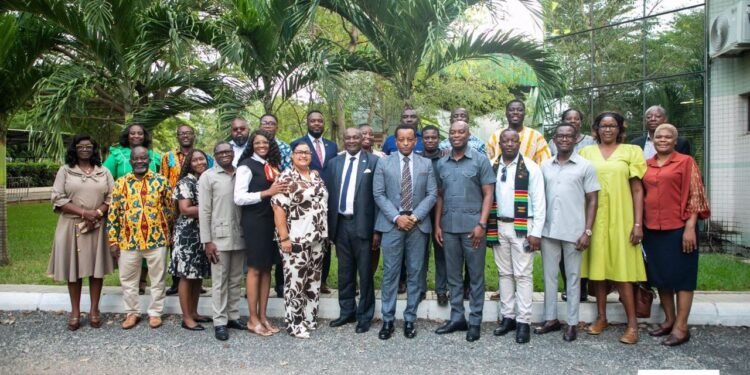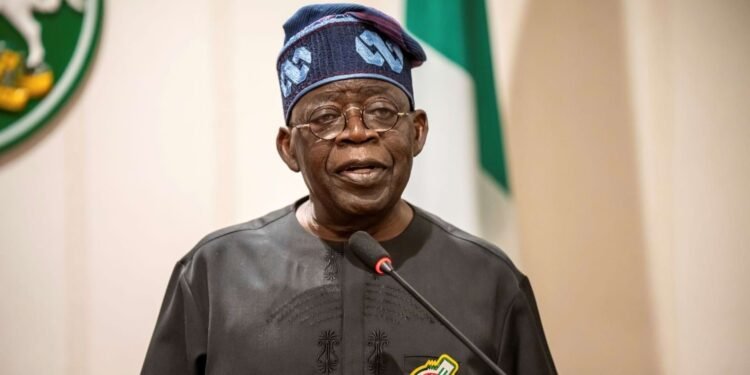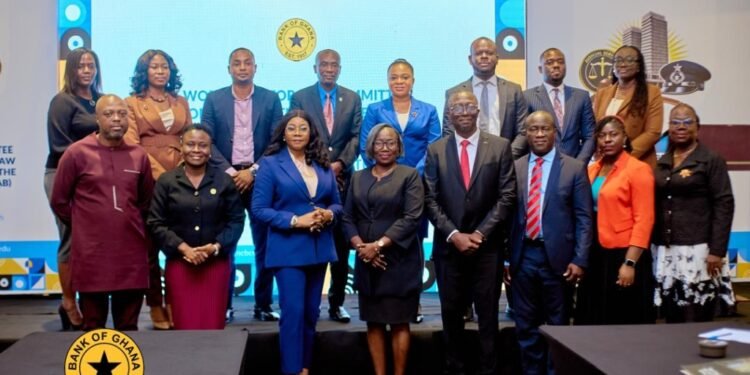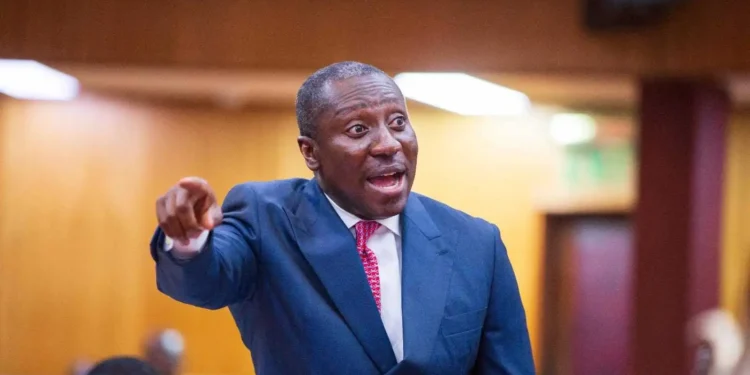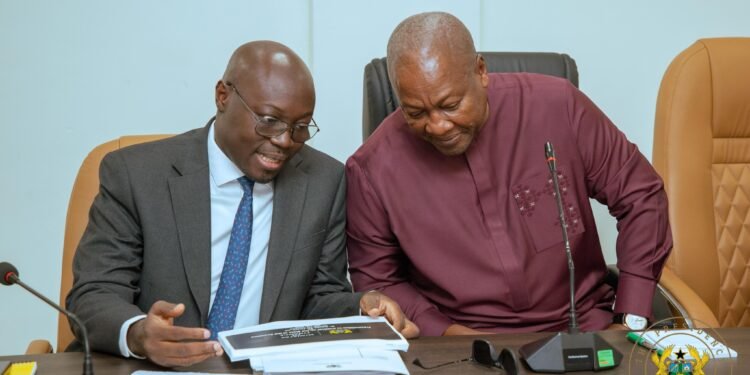Ghana is facing the pressing challenge of climate change, which exacerbates vulnerabilities, poverty, and food insecurity. These issues highlight the urgent need for robust social protection systems to build resilience, mitigate risks, and ensure the well-being of all citizens.
To address these critical concerns, the Social Protection Directorate of the Ministry of Gender, Children, and Social Protection has convened the 29th Session of the Social Protection Sector Working Group (SPSWG) in Accra.
In a statement delivered on behalf of Hon. Dakoa Newman, the Minister for the Ministry of Gender, Children, and Social Protection, Deputy Minister Hon. Benjamin Yeboah Sekyere expressed his gratitude to the participants for addressing crucial social protection issues. He highlighted the significant socioeconomic challenges posed by the increasing visibility and impact of climate change on Ghana.
“The Green Ghana Project, launched in 2021 by President Nana Addo Dankwa Akufo-Addo, is a key effort to mitigate climate change impacts. The Ministry, with the support of development partners, has initiated the development and implementation of a comprehensive national social protection shock-responsive strategy to support the poor and vulnerable.”
Hon. Benjamin Yeboah Sekyere, Deputy Minister of Gender, Children, and Social Protection
The SPSWG meeting served as a vital platform to intensify discussions on the responsiveness of social protection systems to climate change impacts and emergencies. The agenda included a report on the After-Action Review (AAR) of the Akosombo Dam response, outlining 2024 key activities for social protection, and examining the intersection of environment and climate change with social protection initiatives.
The SPSWG plays a critical role in ensuring policy coherence, overseeing the operationalization and periodic review of the governance framework, providing overarching monitoring and evaluation of social protection systems, and supporting the Ministry in the planning, implementation, and coordination of social protection policies and legislation.
Stakeholder Commitment
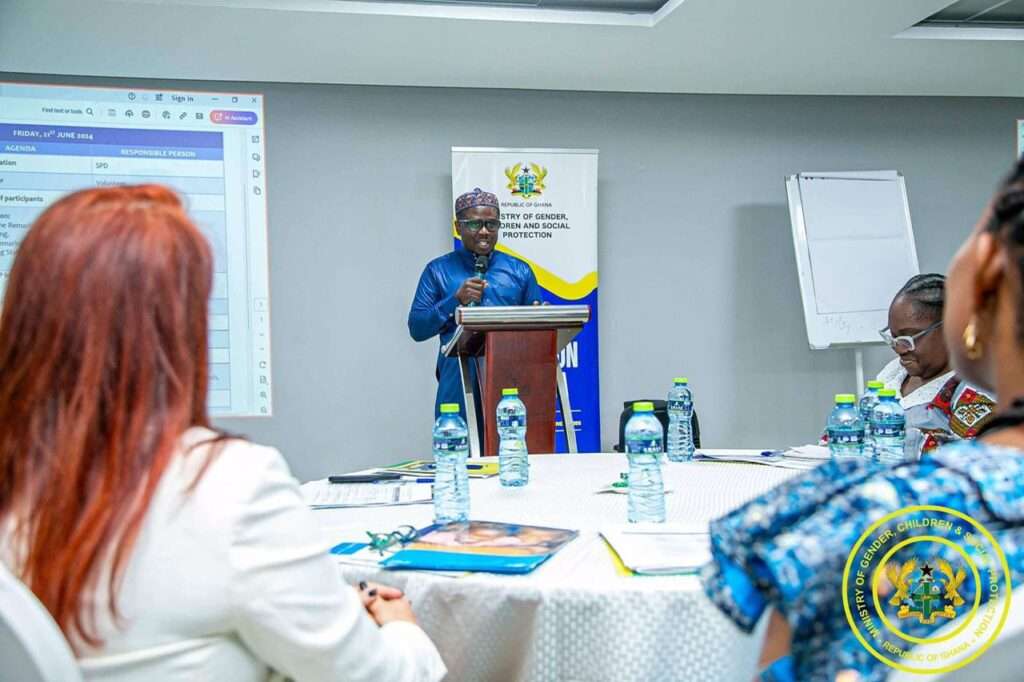
Addressing the Sector Working Group, Dr. Afisah Zakariah, represented by the Acting Director for the Social Protection Directorate, Madam Abena Annobea Asare, urged all stakeholders to engage in dialogue and exchange ideas.
Madam Annobea Asare emphasized the commitment to building resilient communities and safeguarding the well-being of citizens. “That way, we can collectively overcome the challenges posed by climate change and emergencies, paving the way for a more inclusive and sustainable future for Ghana,” she reaffirmed.
Madam Paulina Sarvilathi, Chief of Social Policy and Inclusion at UNICEF Ghana, co-chaired the meeting on behalf of the Deputy Country Director for the World Food Programme (WFP). She acknowledged the Ministry’s efforts to ensure the passage of the Social Protection Bill into law and promised UNICEF’s effective cooperation with the government and stakeholders to promote dignity, health, and improved livelihoods for all Ghanaians.
Also, the World Bank, represented by Madam Cornelia Tesliuc, Lead Economist and Task Team Leader for the Ghana Productive Safety Net Project (GPSNP2), reiterated its continuous support for the government’s social protection efforts and poverty reduction agenda.
The comprehensive national social protection shock-responsive strategy under development will be pivotal in addressing the immediate needs of those affected by climate-related shocks. This strategy aims to provide timely assistance to the poor and vulnerable, ensuring that they receive the support needed to recover and rebuild their lives after disasters.
The collaborative efforts of the Ministry, development partners, and organizations like UNICEF and the World Bank are crucial in strengthening Ghana’s social protection framework. These partnerships bring in technical expertise, financial resources, and innovative solutions to address the complex challenges posed by climate change.
As Ghana continues to grapple with the adverse effects of climate change, the commitment to enhancing social protection systems remains steadfast. The outcomes of the 29th SPSWG meeting signify a collective resolve to build a resilient and inclusive society, where every citizen can thrive despite the challenges posed by a changing climate.
The 29th Session of the Social Protection Sector Working Group in Accra marked a significant step forward in addressing the impacts of climate change on Ghana’s vulnerable populations. Through collaborative efforts, strategic initiatives like the Green Ghana Project, and the development of shock-responsive strategies, Ghana is poised to enhance its social protection systems, build resilience, and secure a sustainable future for all its citizens.
READ ALSO: Brent Crude Rises Toward $86 Amid Geopolitical Tensions

